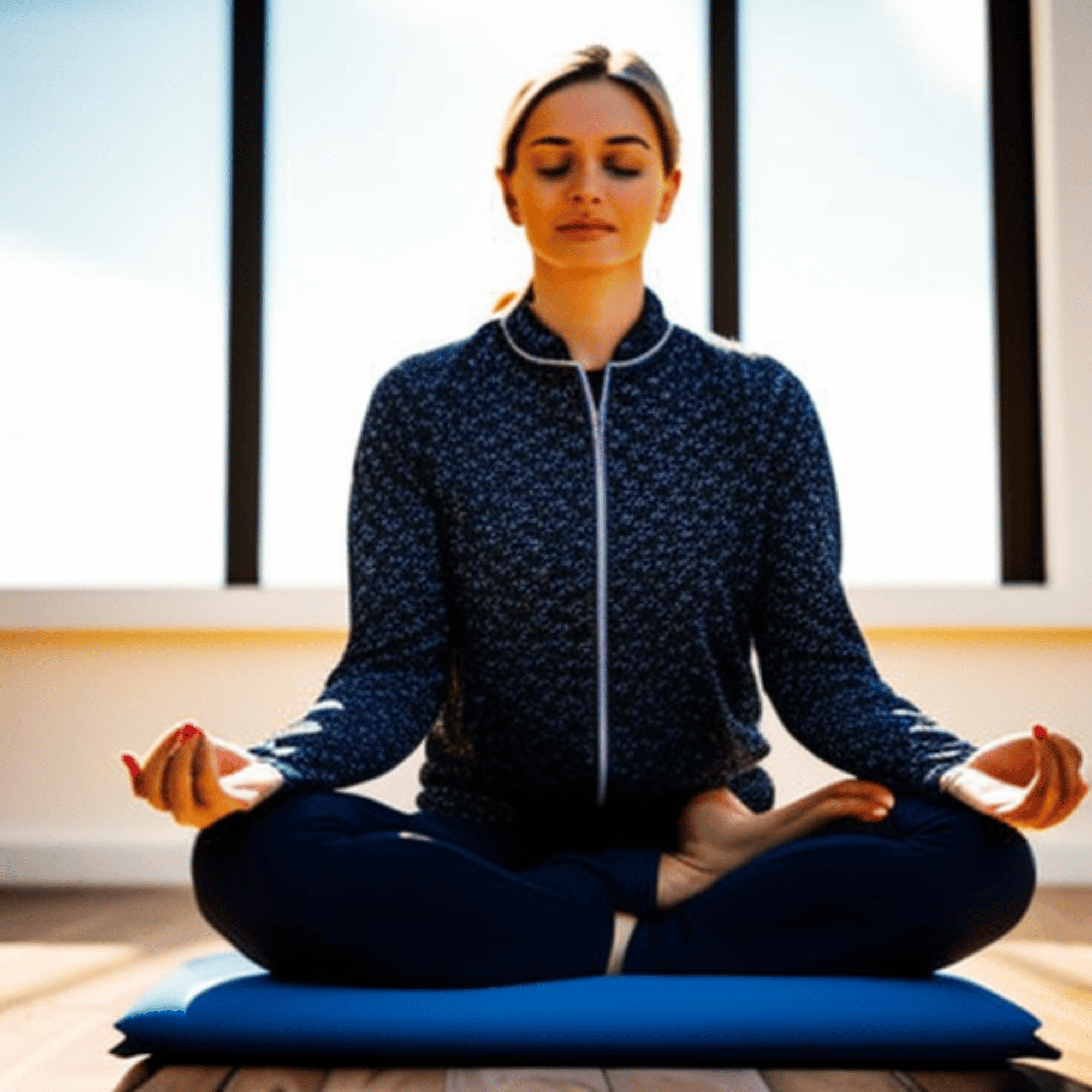Meditation has become an increasingly popular practice for those seeking to improve their mental and emotional well-being. Many people find it difficult to start meditating, unsure of where to begin or how to approach the practice. In this beginner’s guide, we’ll explore how to get started with meditation and the benefits it can bring to your life.
How to Get Started with Meditation
Preparing Your Space: Choose a quiet and comfortable space that is free of distractions. It could be a spare room, a corner of your living room, or any space where you feel relaxed.
Setting Your Intent: Before you begin, take a moment to set your intention for your meditation practice. Ask yourself what you hope to achieve from your practice. It could be relaxation, stress relief, or focus.
Selecting Your Posture: There is no right or wrong posture for meditation, as long as it is comfortable for you. You can sit cross-legged on the floor, on a cushion or chair, or even lie down. Ensure your back is straight, your shoulders are relaxed, and your head is level.
Controlling Your Breathing: The breath is the foundation of meditation. Focus on your breath, breathing in through your nose and out through your mouth. Counting your breaths can help you stay focused and calm.
Practicing Guided Meditation: Guided meditations can be an excellent way to start your meditation practice. There are many resources available online, including videos, podcasts, and apps.
Benefits of Practicing Meditation
Stress and Anxiety Relief: Meditation is an effective tool for managing stress and anxiety. It helps you relax and calm your mind, reducing your overall stress levels.
Improved Sleep: Regular meditation practice can help improve your sleep quality, making it easier to fall asleep and stay asleep throughout the night.
Enhanced Concentration: Meditation helps increase your ability to focus and concentrate, making it easier to stay on task and be productive.
Improved Emotional Well-being: Regular meditation practice can improve your emotional well-being, making you feel more positive, calm, and centered.
Tips for Making Meditation Easier
Dedicating Time for Meditation: Set aside time each day to practice meditation. Even if it’s only five or ten minutes, regular practice is essential for reaping the benefits of meditation.
Trying Different Types of Meditation: There are many types of meditation, so experiment with different techniques to find the one that works best for you.
Joining a Meditation Group or Class: Joining a meditation group or class can provide you with support, guidance, and accountability.
Using Meditation Apps: There are many meditation apps available that offer guided meditations, timers, and other tools to help you stay on track with your practice.
Conclusion
Meditation is a simple yet powerful tool for improving your mental and emotional well-being. By following these beginner’s tips, you can start your meditation practice and experience the benefits for yourself. Remember, regular practice is key, so commit to making meditation a part of your daily routine.












